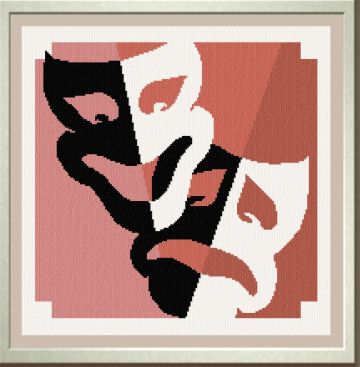Random Notes and Final Thoughts
– When introducing a Shakespeare audition, just name the play and character. We don’t need the scene, we don’t need the background, and we already know the author. For a modern piece, again, character and play, but you may add the author, if you like.
– We don’t want to know your age. It’s for us to figure out what your range is. Telling us only pigeon-holes you out of the gate.
– If you can’t do the show, DON’T COME TO CALLBACKS. There’s nothing wrong with being seen in an audition – it’s the goal, and good experience. But if you can’t do the show, you’re not just wasting your time, you’re wasting ours.
– Be respectful of stage management. That doesn’t just go for auditions. Stage managers are gods, and have more power than directors, producers, actors, anyone. Treat them well, and they will remember. If a stage manager tells me someone is bad to work with, or disrespectful, I listen.
Lastly, know this: a great deal of the casting process is out of your control. One of the best things to happen to me as an actor was to direct professionally, because I learned just how many factors go into a casting decision. Great acting is only one component of casting, and not always the deciding factor. Hard to accept, I know. But having figured that out, I have been able to relax more – which in turn has gotten me cast more often. It’s not all on me – all I can do is go in and play.
So, thanks to everyone for playing. If you have specific questions regarding your audition, feel free to ask. Really. I may have to go to my notes and get back to you, but this is something I’ve done once or twice when I didn’t get a role – I called the casting director and asked what I could have done better. Again, I’ve never had a casting director who wasn’t willing to talk about it. Like I said, they’re rooting for us.
So, thanks, cheers, and I hope to see you all again someday.
David Blixt

